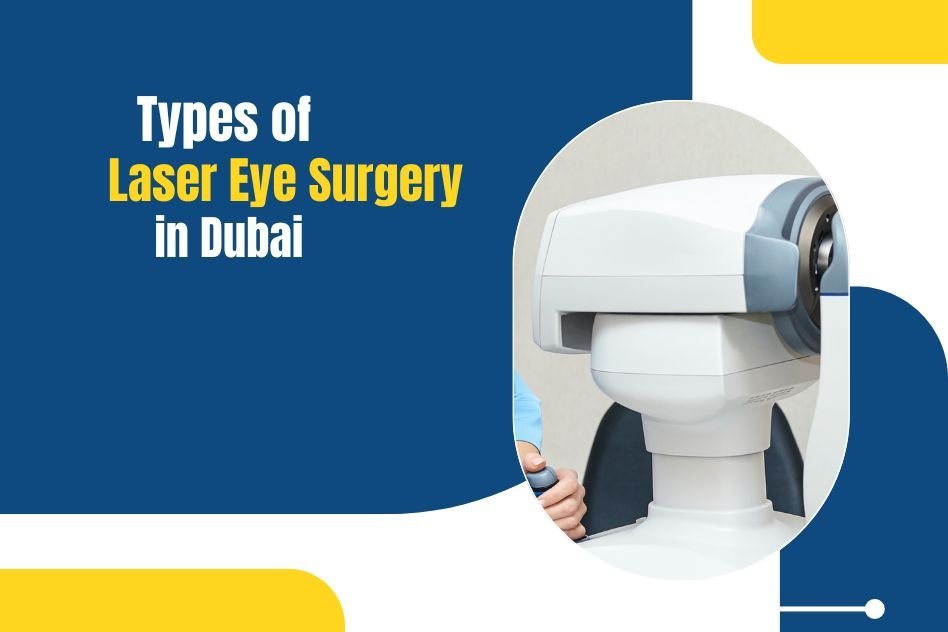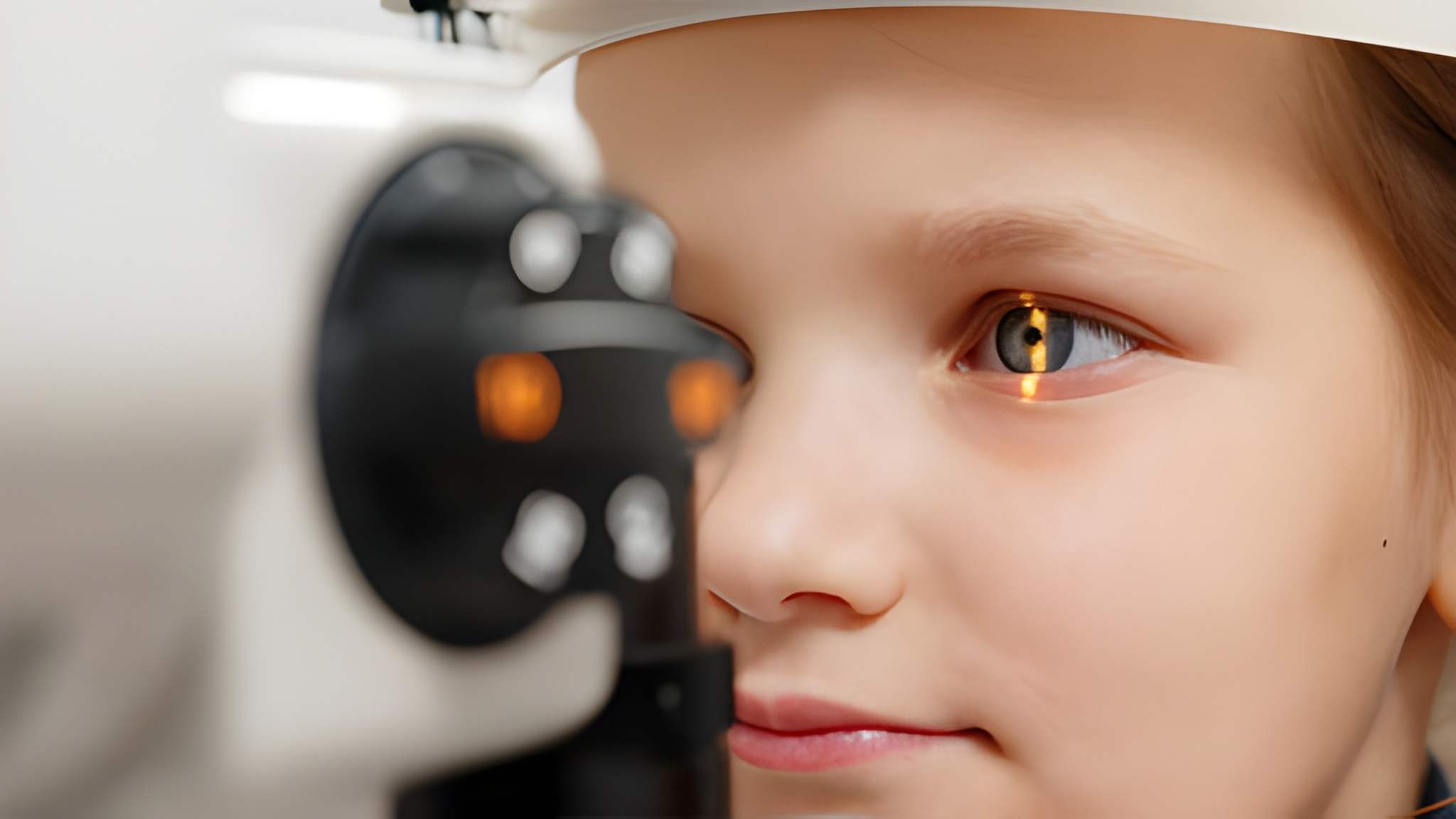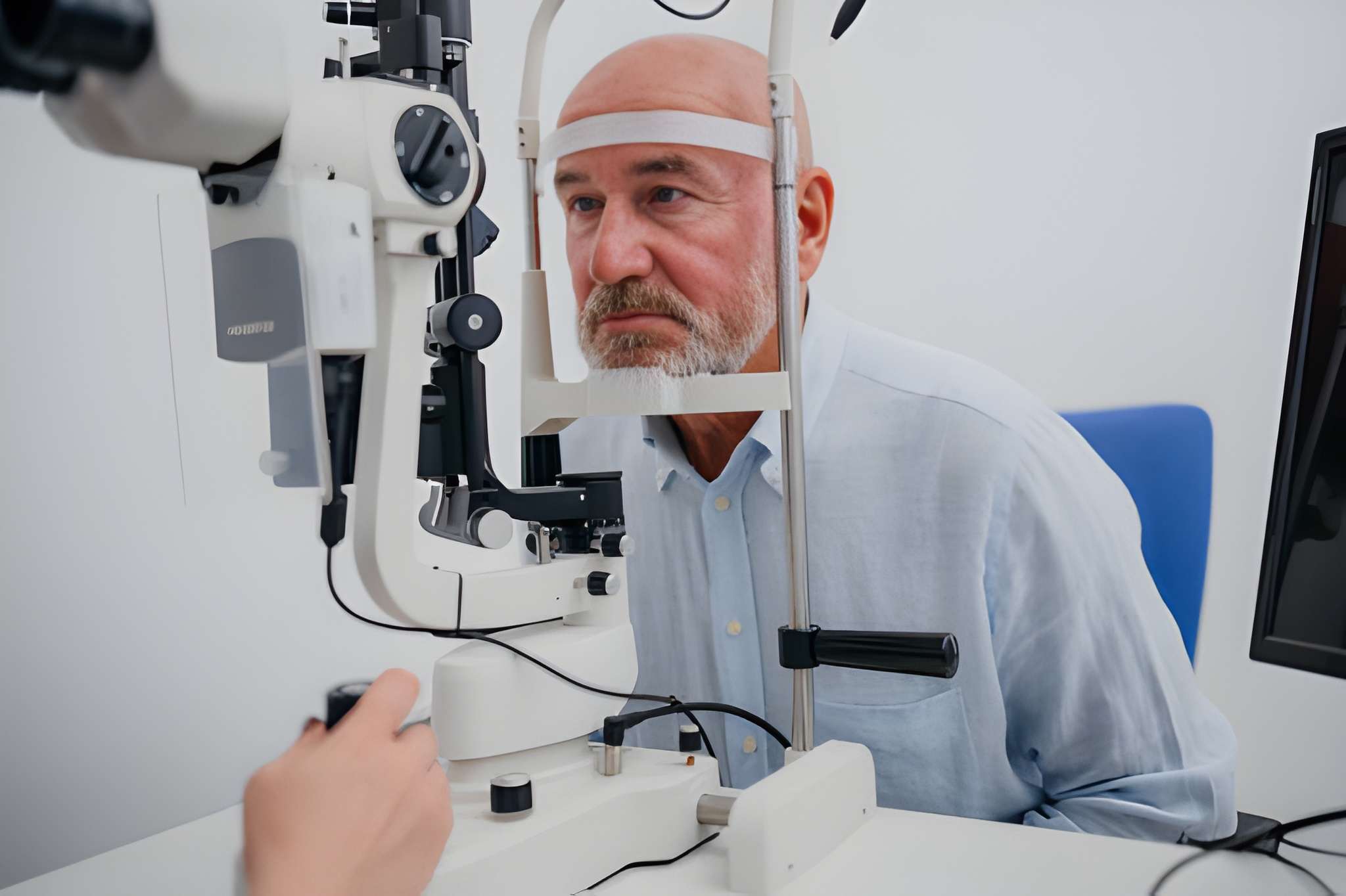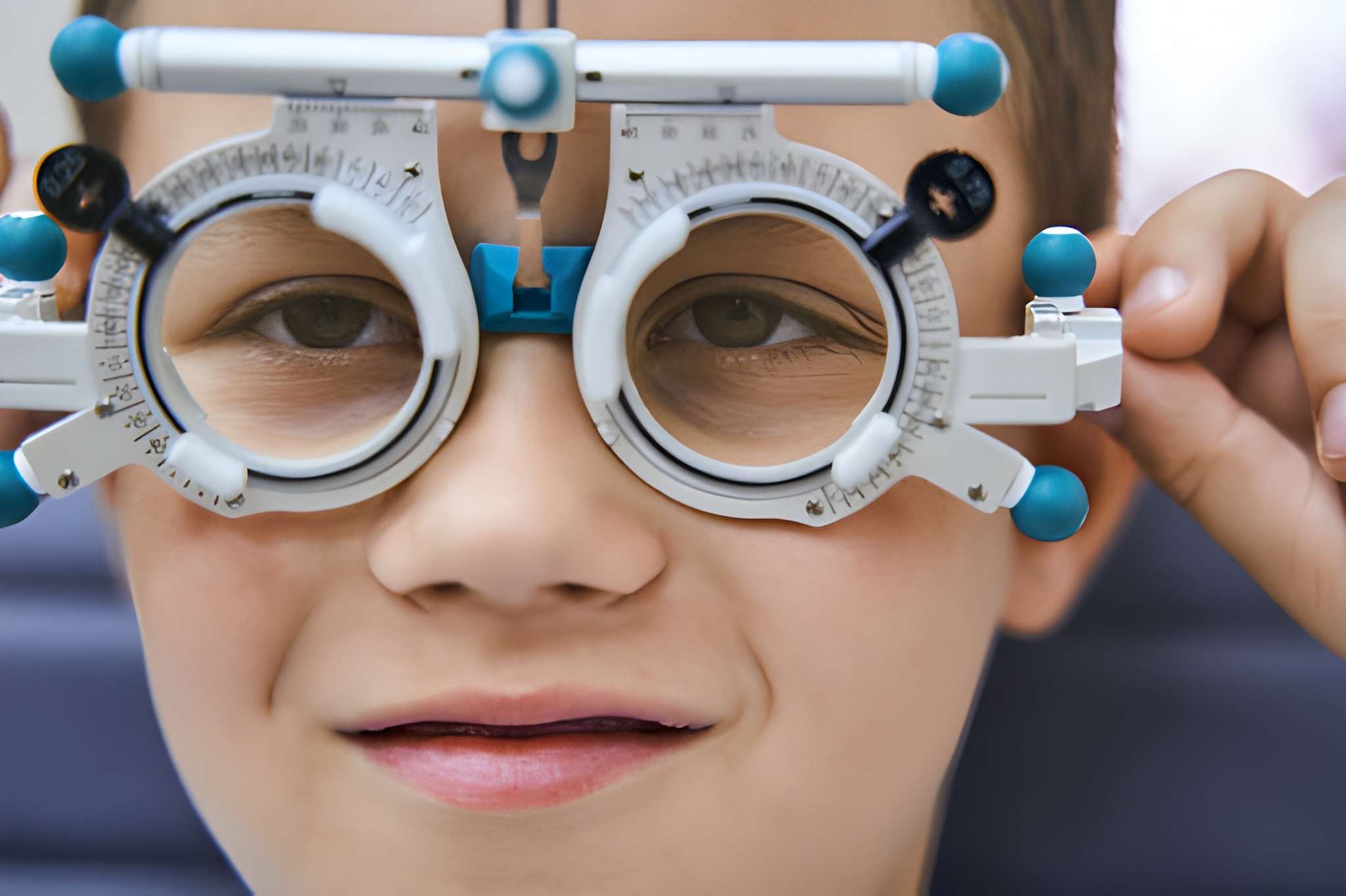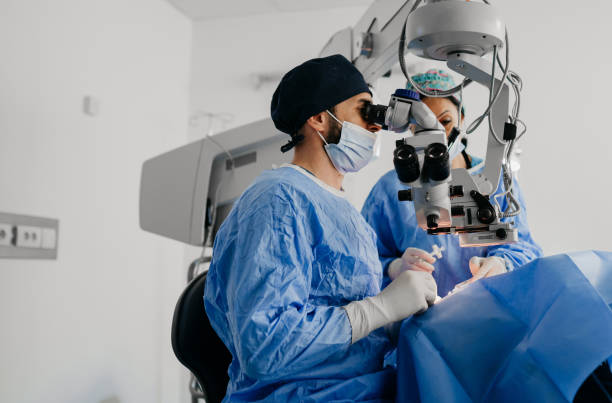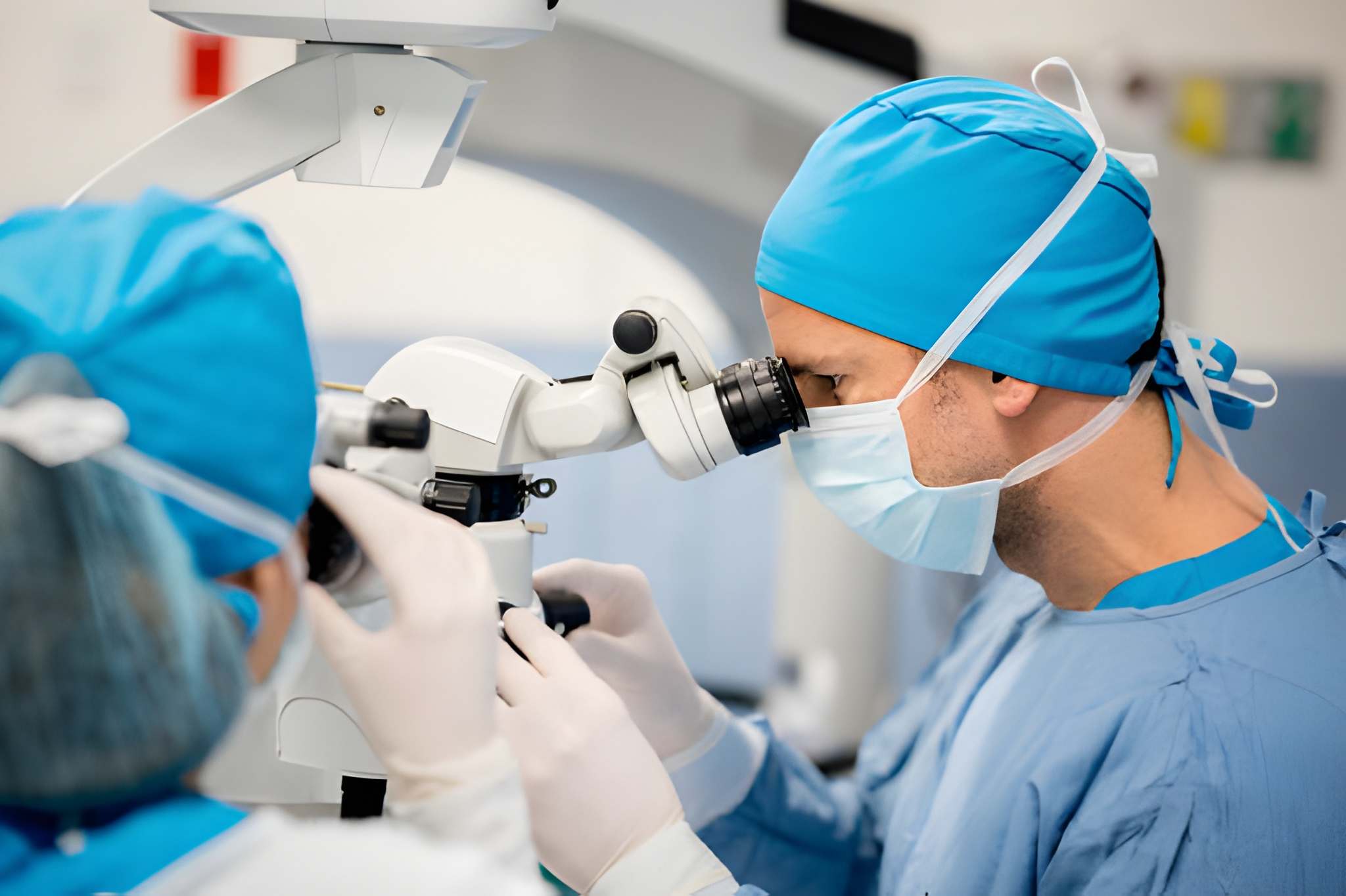In the quest for visual perfection, laser eye surgery has emerged as a revolutionary solution, offering individuals the chance to achieve clear vision without the dependence on glasses or contact lenses. Among the various laser eye surgery options available, LASIK (Laser-Assisted In Situ Keratomileusis) and PRK (Photorefractive Keratectomy) stand out as two of the most commonly performed procedures. In this article, we will delve into the intricacies of LASIK and PRK, comparing their methodologies, benefits, and potential drawbacks. Remember you need to visit the best ophthalmologist in Dubai before taking any decision. Additionally, we will explore alternative refractive surgery options that cater to different visual needs.
LASIK: Precision in Vision Correction
LASIK, a widely adopted laser eye surgery procedure, has gained popularity for its effectiveness in addressing common refractive errors such as myopia (nearsightedness), hyperopia (farsightedness), and astigmatism. The procedure involves reshaping the cornea—the transparent front part of the eye—to enable light to focus correctly on the retina, thus improving vision.
The LASIK procedure begins with the creation of a thin flap on the cornea using either a microkeratome blade or a femtosecond laser. Once the flap is lifted, a laser is employed to reshape the underlying corneal tissue. The precision of LASIK is remarkable, with the ability to customize treatment based on the individual’s unique eye anatomy.
Is Laser Surgery Good for Eyes?
Advantages of LASIK:
- Quick Recovery: Patients typically experience a rapid recovery with minimal discomfort.
- Immediate Visual Improvement: Many individuals notice improved vision almost immediately after the procedure.
- Predictable Outcomes: LASIK has a high success rate in achieving the desired level of vision correction.
Potential Drawbacks of LASIK:
- Flap-Related Complications: The creation of a corneal flap may lead to issues such as flap dislocation or wrinkling.
- Dry Eyes: Some patients may experience temporary or prolonged dry eye symptoms.
PRK: A Different Approach to Clear Vision
PRK, an alternative to LASIK, involves the removal of the corneal epithelium—the outermost layer of the cornea—before reshaping the underlying tissue with a laser. Unlike LASIK, PRK does not require the creation of a corneal flap. Although the recovery process for PRK is typically longer compared to LASIK, it offers distinct advantages in certain cases.
Laser Eye Surgery in UAE
Advantages of PRK:
- No Flap-Related Complications: Since PRK does not involve the creation of a corneal flap, associated complications are minimized.
- Suitability for Thin Corneas: PRK may be a preferred option for individuals with thinner corneas who are not suitable candidates for LASIK.
- Reduced Risk of Dry Eyes: PRK is associated with a lower risk of dry eye symptoms compared to LASIK.
Is Laser Eye Surgery Painful?
Potential Drawbacks of PRK:
- Extended Recovery Time: The healing process after PRK is longer, and visual recovery may take several days to weeks.
- Discomfort during Recovery: Patients may experience more discomfort during the initial recovery phase compared to LASIK.
Comparison of LASIK and PRK
While both LASIK and PRK are effective laser eye surgery options, the choice between the two depends on various factors, including corneal thickness, lifestyle, and individual preferences. LASIK is often favoured for its quick recovery and immediate visual improvement, making it suitable for individuals with active lifestyles. On the other hand, PRK may be recommended for those with thinner corneas or those at a higher risk of flap-related complications.
Eye Laser Treatment Cost in Dubai
Other Refractive Surgery Options
In addition to LASIK and PRK, several alternative refractive surgery options cater to specific visual needs and conditions. These options include:
- LASEK (Laser Epithelial Keratomileusis): Similar to LASIK, LASEK involves the creation of a corneal flap. However, instead of using a microkeratome or femtosecond laser, a diluted alcohol solution is applied to loosen the corneal epithelium before reshaping the cornea with a laser.
- SMILE (Small Incision Lenticule Extraction): SMILE is a flapless procedure that removes a small lenticule from the cornea to reshape it. This minimally invasive technique has gained popularity for its potential to reduce dry eye symptoms.
- Refractive Lens Exchange (RLE): RLE involves the removal of the eye’s natural lens and its replacement with an artificial intraocular lens (IOL). This procedure is often recommended for individuals with presbyopia or those seeking a permanent solution for refractive errors.
- Implantable Collamer Lenses (ICL): ICL is a phakic intraocular lens that is surgically implanted into the eye to correct refractive errors. This option is suitable for individuals with moderate to high myopia.
What can laser eye surgery do?
Blog Summary.
The diversity of available procedures ensures that you can find a solution tailored to your specific visual needs and preferences. LASIK and PRK, while sharing the common goal of vision correction, differ in their methodologies and recovery processes. The choice between them, as well as alternative options like LASEK, SMILE, RLE, and ICL, should be made in consultation with an experienced eye care professional. By understanding the nuances of each procedure, you can embark on a journey towards clearer vision and reduced dependence on corrective lenses.
Choose Dr. Qasim Qasem for Your Vision Correction Needs
When it comes to choosing the right vision correction procedure, trust the expertise of Dr. Qasim Qasem. With a commitment to personalized care and advanced technology, Dr. Qasim Qasem ensures that each patient receives the best possible outcome tailored to their unique needs. Whether you are considering LASIK, PRK, or another refractive surgery option, Dr. Qasim Qasem provides comprehensive consultations and precise treatments to help you achieve clearer vision.



